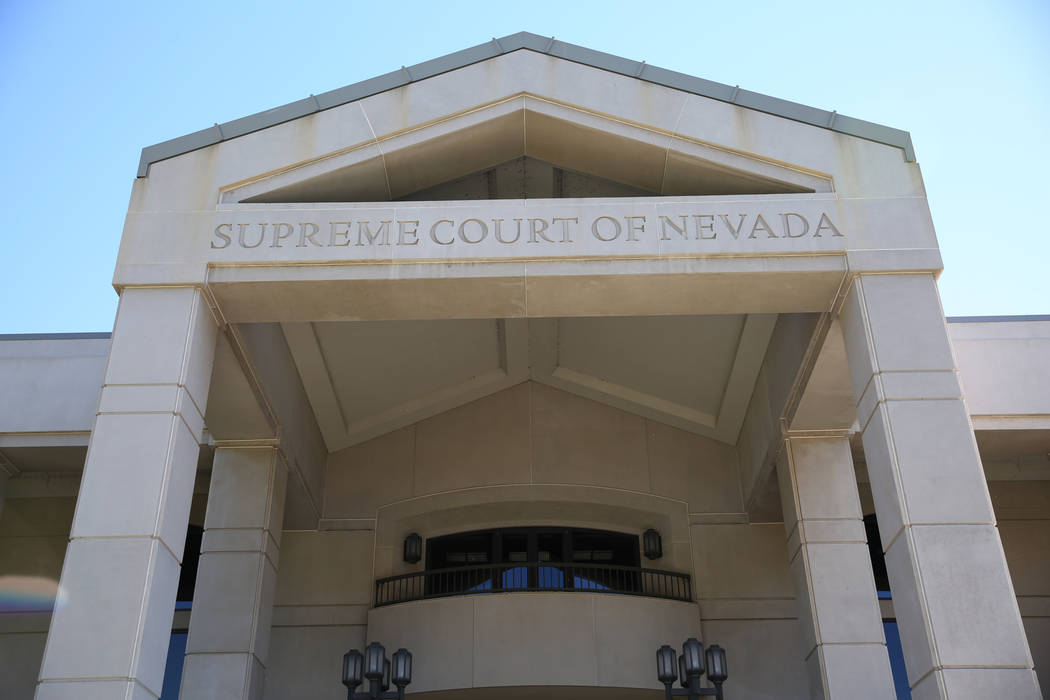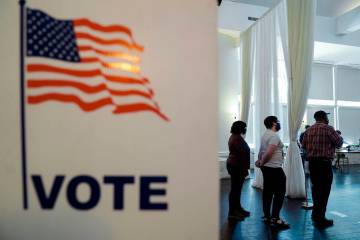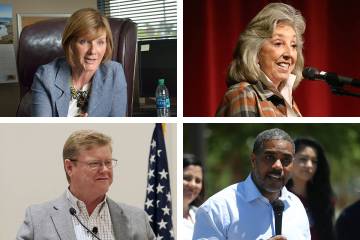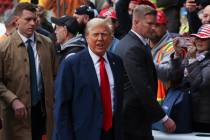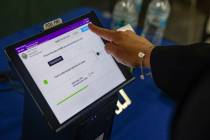State laws supersede Nevada recording rules, court says
CARSON CITY — The Nevada Supreme Court has ruled that a state law requiring both parties to consent to a recording of a telephone conversation does not apply when the recordings are made by a party located outside of the state.
The unanimous decision, dated Thursday, was in response to a request for an interpretation of Nevada law from the U.S. District Court.
The case involves Nevada resident Sanford Buckles, who brought a class action lawsuit against Ditech Financial, a home mortgage servicer that was headquartered in Minnesota. The company had customer call centers in Arizona and Minnesota equipped to record telephone calls.
Buckles alleged Ditech violated Nevada law by unlawfully recording telephone conversations without his consent. The Nevada Supreme Court ruled that the state’s “two-party consent” law did not apply.
Whether the interception of telephone conversations with Buckles was lawful, “is determined according to the laws of Arizona and Minnesota, the places where the conversations were intercepted and recorded, not according to the laws of Nevada where the calls were received,” the court said.
Contact Sean Whaley at swhaley@reviewjournal.com or 775-461-3820. Follow @seanw801 on Twitter.



